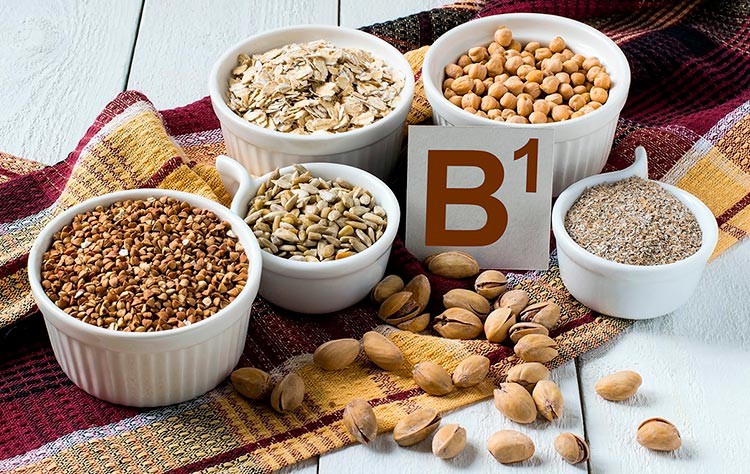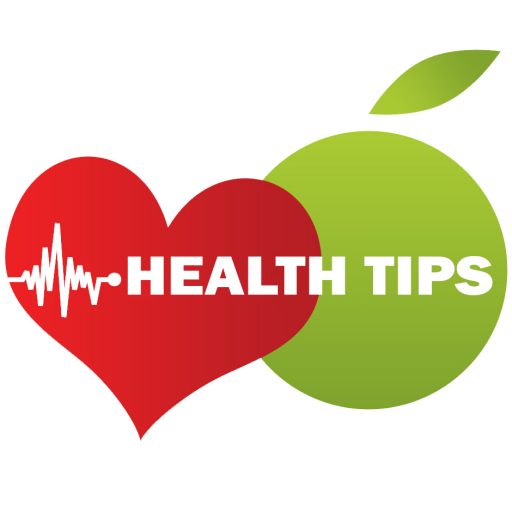Vitamin B1 – What is it? Sources, What are the Benefits?

Vitamin B1 – What is it? Sources, What are the Benefits? vitamin B1, thiamin, or thiamine, enables the body to use carbohydrates as energy. It is essential for glucose metabolism, and it plays a key role in nerve, muscle, and heart function. vitamin B1 is a water-soluble vitamin, as are all vitamins of the B complex.
Vitamins are classified according to the materials they dissolve in. Some dissolve in water, and others dissolve in fat. Water-soluble vitamins are carried through the bloodstream. Whatever the body does not use is eliminated in urine.
What Is Vitamin B1: The vitamin B1, also called thiamin, was the first vitamin B complex to be discovered. Because of the benefits of vitamin for metabolism , it is important for health every day to get adequate levels of this vitamin, which is water soluble can not be stored by the body.
In addition, good levels of vitamin B1 care for the health and efficiency of the nervous system, also contributing indirectly to weight loss and gain muscle mass.
It is good for the heart: the vitamin B1 produces and stimulates the neurotransmitter acetylcholine, which enables messages of neurons are transmitted to the muscles, including the heart. Thus, vitamin provides that the functions of the heart to function regularly, protecting communication between the nervous system and muscles.
It is good for eye health: with regard to vision, the levels of vitamin appear to be related to cataracts, as this disease occurs outnumbered those who consume adequate levels of vitamin B1. This factor indicates that at least vitamin B1 provides the delay of cataract development.
Has Antioxidant Action: the vitamin B1 has antioxidant action, protecting our body from the action of free radicals, harmful substances resulting from chemical reactions that take place inside our body. That way.
Improves Digestion: our digestion is benefited by vitamin B1 in this stimulate the secretion of hydrochloric acid. When present in suitable amounts, hydrochloric acid contributes to the nutrients are better absorbed and reduces the problems of digestion .
Help in Weight Loss: although indirectly, the vitamin B1 is able to help in weight loss, since the substance nutrition help you stay balanced through a better functioning of the digestive system.
Stimulating increased secretion of hydrochloric acid through the activation of enzymes, vitamin contributes to a better absorption of nutrients and intense hunger and fat accumulation, two reactions when the body is deprived of nutrients.
Contributes To Increase Muscle Mass: responsible for the synthesis of red blood cells, the vitamin B1 contributes to the increase in lean mass , since the muscles receive the necessary amount of oxygen.
Although indirectly, this process makes it possible to increase gain lean mass , since the resistance training are performed in a better way.
Food List Rich in Vitamin B1:
- Brewer’s yeast powder;
- Wheat germ;
- Sunflower seeds;
- raw smoked ham;
- Brazil Nut;
- Chestnut toasted cashew;
- Ovomaltine;
- peanuts;
- cooked pork loin;
- Whole-wheat flour;
- Roasted pork;
- Flakes cereals;
Symptoms of Lack of Vitamin B1: Lack of vitamin B1 in the body can cause symptoms such as tiredness, loss of appetite, irritability, tingling, constipation or bloating , for example. Moreover, the lack of thiamine can lead to the development of the nervous system diseases such as beriberi, which is characterized by problems in sensitivity.
Decrease in muscular strength, paralysis or heart failure as well as a syndrome characterized by depression , memory problems and dementia. See all the symptoms and how is the treatment of beriberi. Supplementation with thiamine must be advised by a health professional such as a nutritionist for example, but taking excessive.
